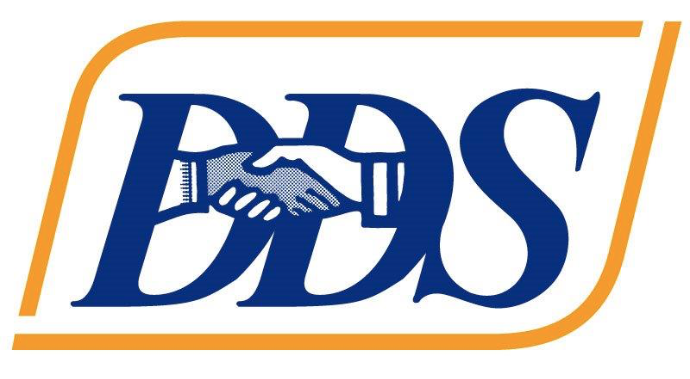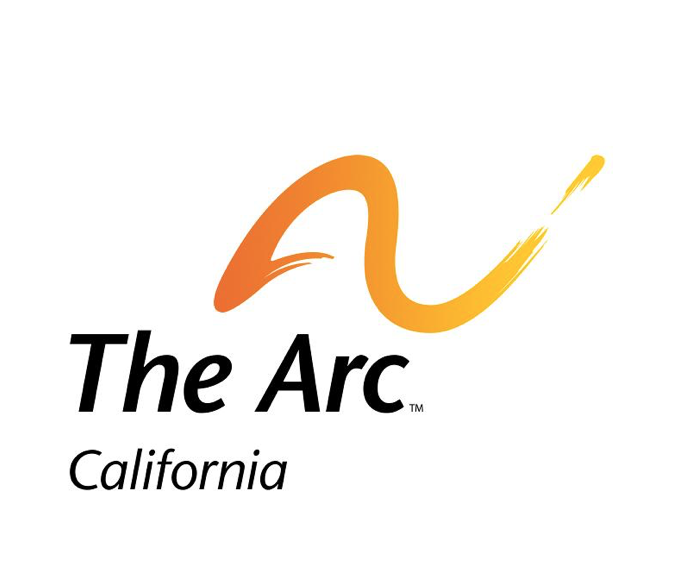Last Friday the California Department of Public Health published new guidance stating that beginning March 15, healthcare providers may use their clinical judgement to vaccinate individuals age 16-64 who are deemed to be at the very highest risk for morbidity and mortality from COVID-19 as a direct result of one or more of the following severe health conditions:
- Cancer, current with debilitated or immunocompromised state
- Chronic kidney disease, stage 4 or above
- Chronic pulmonary disease, oxygen dependent
- Down syndrome
- lmmunocompromised state (weakened immune system) from solid organ transplant
- Pregnancy
- Sickle cell disease
- Heart conditions, such as heart failure, coronary artery disease, or cardiomyopathies (excludes hypertension)
- Severe obesity (Body Mass Index 2 is greater or equal to 40 kg/m2)
- Type 2 diabetes mellitus with hemoglobin Al c level greater than 7.5%
OR
If as a result of a developmental or other severe high-risk disability, one or more of the following applies:
- The individual is likely to develop severe life-threatening illness or death from COVID-19 infection
- Acquiring COVID-19 will limit the individual’s ability to receive ongoing care or services vital to their well-being and survival
- Providing adequate and timely COVID care will be particularly challenging as a result of the individual’s disability.
At a press conference on February 8, Governor Newsom acknowledged that Californians with developmental disabilities have not received enough vaccines.
He said, “We’ve got to take care of the most vulnerable. And people in the developmentally disabled community, with all the unique challenges and opportunities that present them in their lives, these vaccines need to be prioritized. And I’m committing to doing that.”


